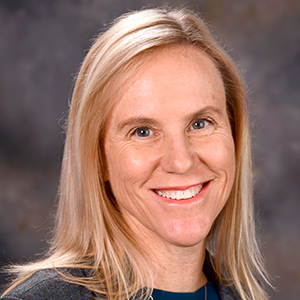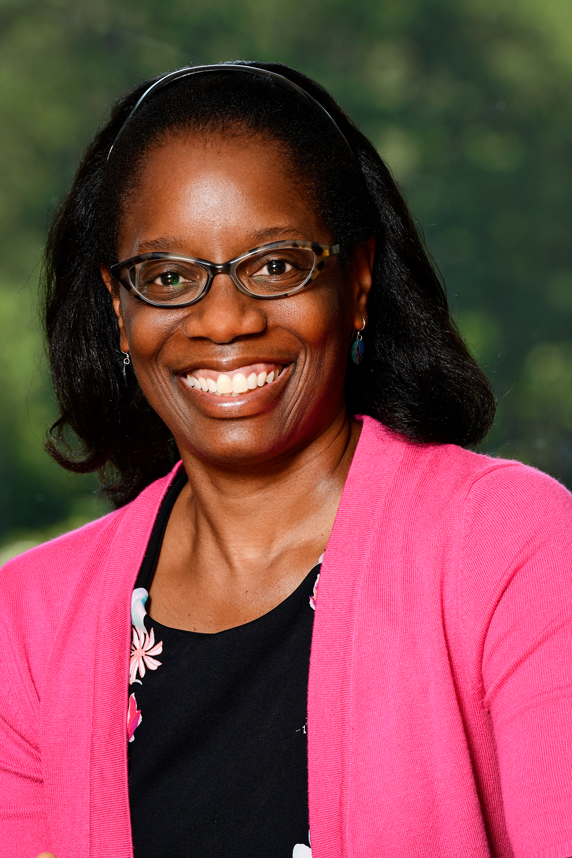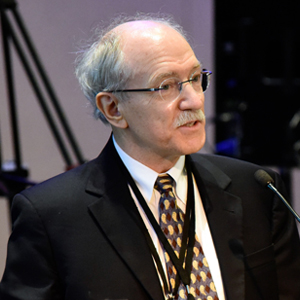This year’s Juneteenth holiday was celebrated during an inaugural NIEHS day of recognition featuring a lecture and a lunch on June 16. This is the second year that Juneteenth has been recognized as a federal holiday but the first year for any events at NIEHS due to restrictions from the COVID-19 pandemic.
 Vann’s talk was titled “A New Birth of Freedom: A Look at the Hawkins and Crutchfield Family in Historical Memory and Photography from Henderson, NC to Cambridge, MA during the Jim Crow Era.” (Photo courtesy of André Vann / NCCU.)
Vann’s talk was titled “A New Birth of Freedom: A Look at the Hawkins and Crutchfield Family in Historical Memory and Photography from Henderson, NC to Cambridge, MA during the Jim Crow Era.” (Photo courtesy of André Vann / NCCU.)“Rootedness”
The Juneteenth lecture featured André Vann, university archives coordinator and instructor of public history at North Carolina Central University, who described the oral and journaled histories of his North Carolina-rooted family across five generations.
“There is a wonderful African American term called ‘rootedness,’ meaning united with other relatives,” Vann said. “And that’s what happened. My relatives had 40 acres, exactly, in the 18th century. Family and place became very important.” Vann described how his family shared those 40 acres across generations from the 1800s to present day.
“The things that the people who came before us did, mattered,” said Beth Perry, an operations coordinator in the NIEHS Office of Science Innovation and a Juneteenth event planning committee member. Perry said she appreciated Vann’s retelling of his family’s history and how it demonstrates individual family history as an integral part of U.S. history.
The road to a federal holiday
 Table tents were placed in the cafeteria explaining the history of Juneteenth, highlighting the event’s lunch menu items, and advertising the Juneteenth lecture. (Photo courtesy of Steve McCaw / NIEHS)
Table tents were placed in the cafeteria explaining the history of Juneteenth, highlighting the event’s lunch menu items, and advertising the Juneteenth lecture. (Photo courtesy of Steve McCaw / NIEHS)Juneteenth Day of Observance recognizes and commemorates June 19, 1865, when Major General Gordon Granger and Union Army troops marched to Galveston, Texas to enforce the Emancipation Proclamation and free enslaved Black Americans in Texas.
“The thing about this holiday is that it is something that has been shared and celebrated by a lot of African American families for generations and generations,” Perry said. “It is always good to celebrate the things that Black people in this country have achieved, and the way that we’ve made something of nothing in so many cases.”
Group economics and politics became two important topics in African American experiences and choices after emancipation, Vann explained.
“The majority of African Americans still reside in the south,” he said. “It wasn’t until the Great Black Migration that you see the mass exodus out of the south to more metropolitan areas. They had expectations and ideas. They did not just accept the conditions. They lived within the confines of segregation, but they also understood the power of coming together and pooling their resources.”
Perry pointed out how these historical events led to some of the science taking place at NIEHS today.
 Archer and Perry stand in the meal line in the NIEHS cafeteria after the Juneteenth lecture concluded. (Photo courtesy of Steve McCaw / NIEHS)
Archer and Perry stand in the meal line in the NIEHS cafeteria after the Juneteenth lecture concluded. (Photo courtesy of Steve McCaw / NIEHS)
“NIEHS scientists are doing such great work on the root causes of health disparities, including the history of redlining in this country and the role of environmental justice in remediating health disparities. So, this history is relevant to the work we do here at NIEHS.”
Food as symbolism
A Juneteenth-inspired meal of Texas barbecue, beans, mixed vegetables, strawberry cobbler, and fruit soda was served in the NIEHS cafeteria. NIEHS employees from the main campus and from Keystone gathered to enjoy the special menu items.
Texas-style barbeque was served due to the holiday’s Texas origin. Red foods and drinks are historically featured at Juneteenth events. The red drinks honor the kola nut and hibiscus associated with West African people, including the Yoruba, who were brought to America during the slave trade.
“This has been a long time coming,” said Ransom Holliday, feed and bedding lead in the Comparative Medicine Branch. “I am glad they are recognizing Juneteenth as a federal holiday.”
 Holliday enjoys his Juneteenth-inspired meal in the NIEHS cafeteria on June 16. (Photo courtesy of Steve McCaw / NIEHS)
Holliday enjoys his Juneteenth-inspired meal in the NIEHS cafeteria on June 16. (Photo courtesy of Steve McCaw / NIEHS)
Holliday said he planned to spend the extended weekend in his hometown, Erwin, NC, where a local celebration highlighting the successes of residents would include his wife, who would participate in a book signing.
The Juneteenth event planning committee members included Perry, Allison Eason, administrative specialist; Cyrena Silvera, program specialist; Office of Science Education & Diversity Director Ericka Reid, Ph.D., and NIEHS Deputy Director Trevor Archer, Ph.D.
“I hope that the staff really enjoyed the presentation and learned something about Juneteenth,” said Perry. “We look forward to doing this again next year.”
(Jennifer Harker is a technical writer-editor in the NIEHS Office of Communications and Public Liaison.)













